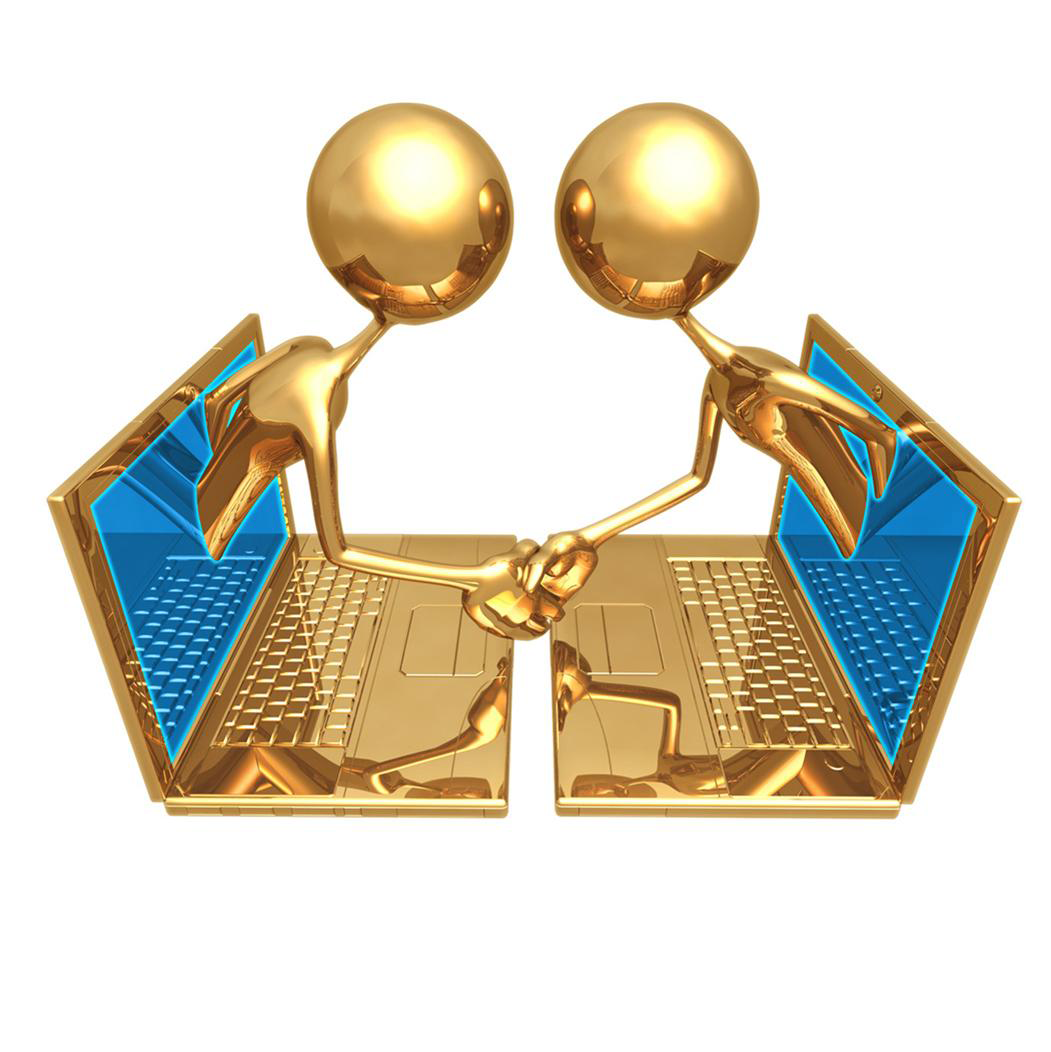
01 Mar FindingYourBestMatch.com by Hayley Waynick, GPC
FindingYourBestMatch.com
Determining if a funder is right for your program
If you happen to be in the dating “scene” in this highly digital age, it can be hard to determine from just an online profile whether you and a potential mate are going to be compatible. Or perhaps a friend or acquaintance has someone they want you to meet and claims they’d be perfect for you.
As a grant writer, you might find yourself in a similar situation when you’ve found a funder online who seems to be a perfect match for the services at your nonprofit organization. Or perhaps a board member or CEO told you a funder they met or know about is a PERFECT match for your programs. But just like that potential first date, how do you really know for sure that your program(s) are the best match for the funder?
Grant writing best practices tell us to not “chase dollars” or throw a bunch of spaghetti (i.e. grants) at the wall just to see what sticks. So how can we be diligent on the front end to determine best matches between funders and specific programs?
Try following these tips and best practices before you write the grant.
Do your online research
Prior to going on a date with someone, you may find yourself looking up their Facebook page, LinkedIn profile, etc. For your funders, online research is also a great place to start. Even though some funder websites can be vague or general some can give you all the details you need. No matter if it’s a new or past funder, check basic eligibility guidelines first to be sure you meet them. Some examples of eligibility guidelines include the type of support you are seeking (e.g. project support, capital campaign, etc.), organization size, project scope, geographic restrictions, or specified restrictions on the target population.
Then, if the website allows, dig deeper. Let’s say you pulled a list of mental health funders in your specific geographic region. At first glance, a funder who gives to mental health programs in your area may seem like a perfect fit, but as you dig deeper you may find they don’t fund direct services or only fund advocacy. Pay attention to expected outcomes and the size/scope of project the funder is looking for. Some grant funders are larger and focused on more systemwide change, while others seek to fund individual programs/projects. For example, a program that focuses on basic needs support and immediate crisis intervention for individuals experiencing homelessness may not be a fit for a funder whose focus is on constructing affordable housing units (rather than placing people into housing).
Funders expect that you have read their websites, RFPs (that’s Request for Proposals for anyone who is new to this), theories of change/logic models, or mission statement and are very familiar with this information before approaching them. If after you feel you’ve conducted a thorough read through and your project is a fit, move onto the next step!
Find out who else they fund
You may want to know who your potential date is friends with, if you have any mutual friends, or even who they have dated in the past. For a grant funder, you can find out who else they have had a funding relationship with by pulling their most recent 990s from Foundation Directory Online, the funder’s website (some allow you to search past grants given), or GuideStar. Browse through and see if they’ve funded similar organizations or projects to yours. You can also google the funder to see if any relevant articles come up or search websites of similar organizations to yours and see if they have annual reports with a list of funders. Foundation Directory Online allows you to do a reverse lookup of similar organizations to yours. Check the funder’s board of directors list and see if you or anyone at your organization (including your board) has a connection. Knowing what other grants they have given will provide great insight as to whether your project is a good fit.
Make personal connections with foundation staff
Before you go on your first date you may exchange texts, emails, or even talk on the phone to get a feel if the other person may be a good match. Bottom line, when my clients are unsure whether a program or project is a fit for a grant funder, I tell them to go directly to the source. In fact as you get to know your national and local funders you’ll find some program officers (not all) require you reach out prior to applying. If they are a new funder, develop an ongoing relationship with the foundation’s program officers. Start with coffee or set up a brief phone call to introduce your organization and its programs. If the funder is a past or longtime supporter, set up a meeting, call, or send an email to discuss your specific project. Many times, it’s good to be prepared to discuss two to three major projects that tie to your strategic plan to let the foundation/funder help you gauge which one is the best fit.
Hopefully, these tips are useful and will allow you to be more strategic when requesting grant funds for your program or project! (Or improve your dating life.) ????
Competency 1.7: Determining best matches between funders and specific programs
